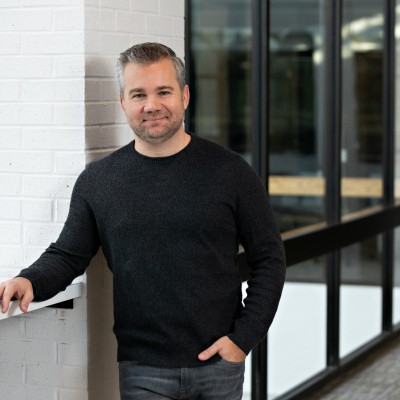[tdc_zone type=”tdc_content”][vc_row][vc_column width=”1/1″]
POLITICS
BUSINESS
ECONOMY
SPORTS
Rivals Rankings Week: Meet the four new five-stars
The first 2025 rankings update since December kicked off today with the unveiling of the 18 five-stars, including four new ones. Take a...
HEALTH
RSV Vaccine May Be Linked to a Slightly Higher Risk of...
NEW YORK — Health officials are investigating whether there's a link between two new RSV vaccines and cases of a rare nervous system...
TECHNOLOGY
ZTE just announced lots of new Android phones, and they look...
ZTEZTE has unveiled a bunch of new Nubia smartphones at Mobile World Congress (MWC) 2024, which is being held in Barcelona, Spain. These...
INSURANCE
MOST POPLULAR
Prince Harry and Meghan Markle React to Kate Middleton’s Cancer News...
View gallery Image Credit: Kirsty O'Connor - WPA Pool/Getty Images Prince Harry and Meghan Markle have reacted to the news of Princess Kate‘s...




























